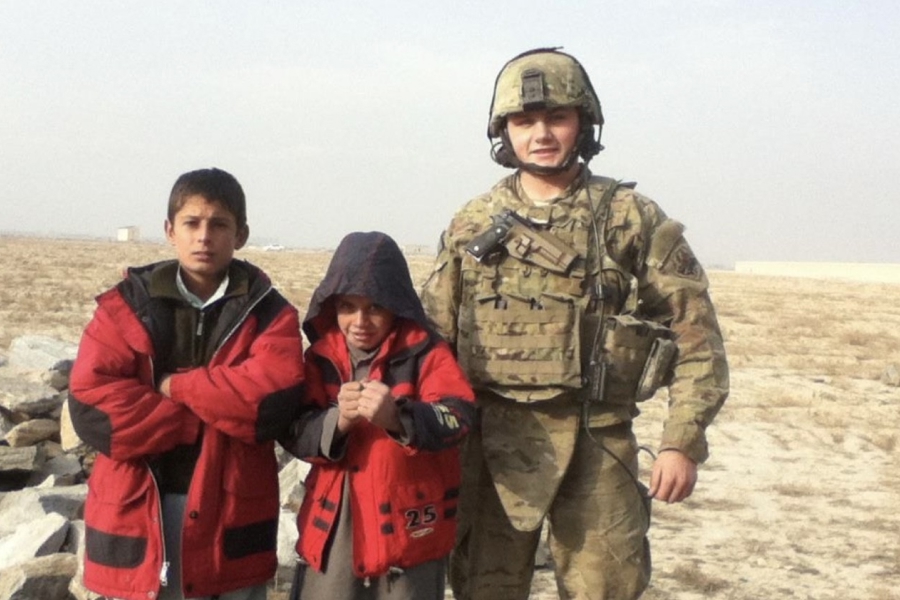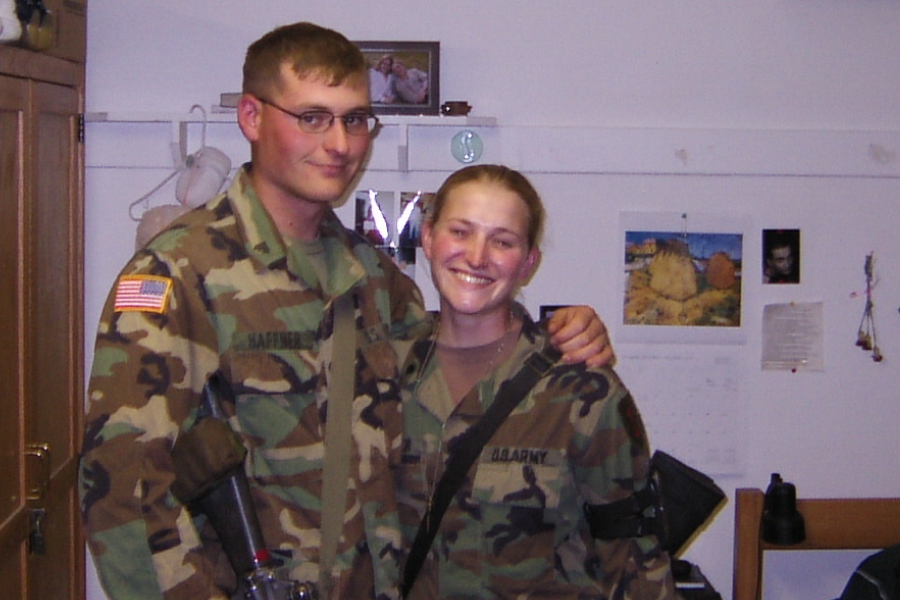Kerstin (pronounced “cast-in”) Cobb wakes up every day with enthusiasm in her heart and one thing on her mind: King’s Kitchen, her cabinetry and countertop business.
Each day since she launched King’s in 2017 has been an exciting ride—networking with fellow construction colleagues, meeting homeowners looking for gorgeous new kitchens and learning as much as she can about the industry.
Today, King’s Kitchen is a top-rated cabinetry and countertop dealer and design company in Tacoma, Washington.
And business is booming.
What’s more, Cobb has a thriving YouTube channel with more than 5,000 followers that details many before-and-after projects and design tips and is always helping Cobb come up with new ways to market her business and do well by her clients.
“Kerstin is a powerhouse,” said Bethany Miller, King’s Kitchen’s human resources and accounting manager. “She’s always got some vision—something she’s doing. She is the best boss I’ve ever worked for and is by far one of the most motivated, driven people that I’ve ever met.”
Getting started
Cobb’s drive started at a young age growing up in Germany. Her parents met when her American mother joined the military and was stationed in Germany, and her father was a German soldier. They settled in the European country and Cobb spent most of her life there, occasionally coming back to the U.S. to visit her mother’s side of the family. Not sure what she wanted to do when she entered the workforce, Cobb did know that the business world interested her.
“I always thought I wanted to create an environment in a company that was very empowering; that my employees would wake up in the morning excited to go to work, not dreading it,” she remembered.
Cobb went to business school in Germany and started working when she met her future husband, Chris, a member of the U.S. Air Force stationed in Germany. The pair fell in love and moved to Moody Air Force Base near Savannah, Georgia. Although Cobb spoke English, she struggled to understand Southern accents. She also struggled to find work.
MORE VETERANS IN CONSTRUCTION:
Familiar with the construction industry—her father was a builder after retiring from the German forces—Cobb landed a job as a receptionist at a countertop fabricator. She made it her mission to learn every part of the business.
Within three years, she’d been promoted to office manager with an array of duties. But then, like many military spouses, it was time for her to leave. Chris had new orders that would take them to Joint Base Lewis-McChord (JBLM) near Tacoma, Washington. Cobb’s boss in Savannah asked her to stay on a few months, even incentivizing her with a pay raise, but she was excited for the new adventure with her husband—and off they went.
Change of scenery
Arriving in Washington, like Savannah, was a culture shock. “I remember that it was so quiet,” Cobb said. “Germans are very loud, and my mom’s side is from New York, and they are loud—but in Washington, everything was silent.”
Knowing she wanted to continue her work in countertops and eventually start her own company, Cobb worked for a few contractors and “soaked up everything like a sponge.” She then went to interior design school, taught herself how to do cabinetry and became proficient at drawing cabinets for clients.
Soon thereafter Cobb decided to start a cabinet and countertop company on her own. She then met Stephanie Prosser, founder of Prosser Construction, and the pair decided to move into the same office space.
“She’s a general contractor and I’m a designer, so we are constantly working on the same jobs,” Cobb said. “Meeting Stephanie was serendipitous.” The pair now works side by side on many of their projects and also shares the commonality of a military connection, as Prosser is a U.S. Army veteran.
“We own our own businesses, but we share any resources we have and are always here to pump each other up,” Cobb said. “It’s really amazing.”
One of the challenges of being a military spouse, Cobb said, is the reality of moving every two to three years. Thankfully, Chris is helping alleviate that issue for the couple by extending his current deployment. “Once he gets back in early 2022, he will only have three years left,” Cobb said, “which means that we can just stay here.”
For military spouses looking to start their own construction companies, Cobb has a few pieces of advice.
“Keep your business as simple as you can,” Cobb said. “Pick something and become really good at it. And if there is a chance that you will leave a place soon, consider subcontracting out as much as you can. Maybe hire one assistant. Keep it easy and simple—that way your business can move with you.”












